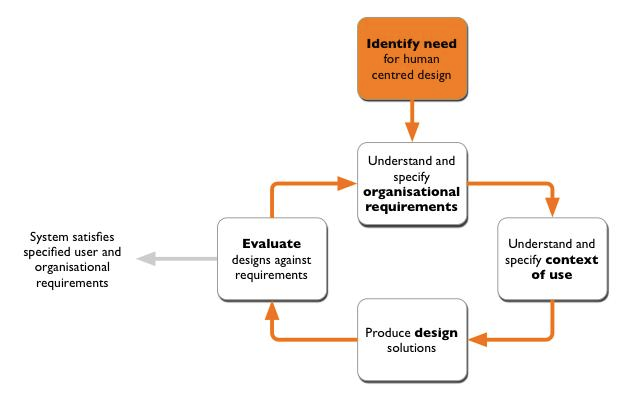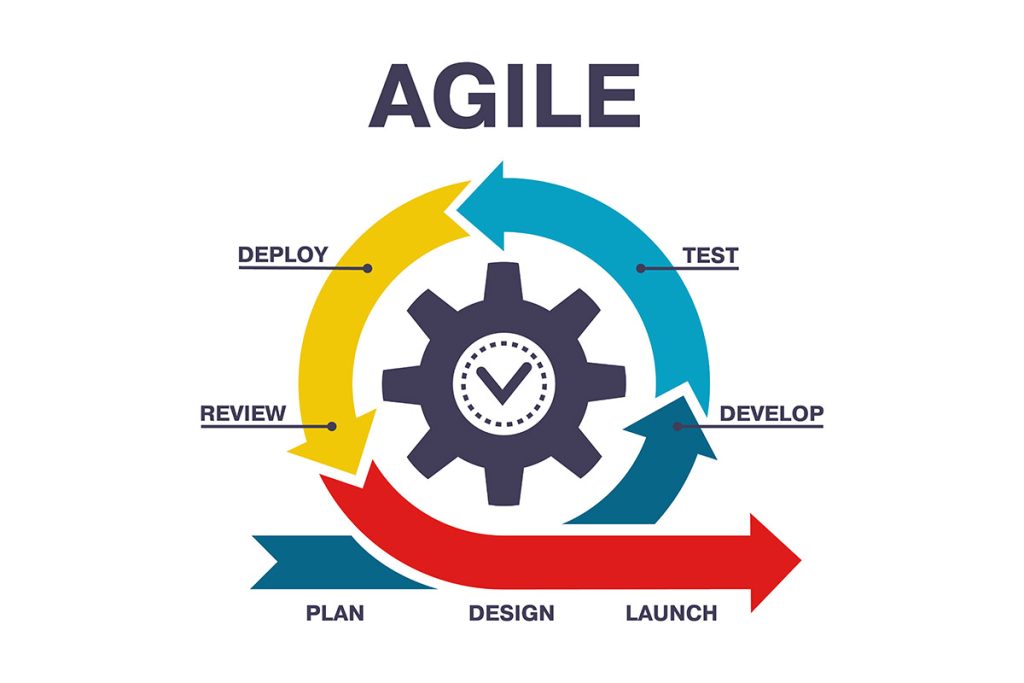In the digital age mobile applications have gone from mere instruments for entertainment and communication to vital platforms that facilitate the development of businesses and increase engagement with consumers. Being an extremely extensively used operating system around the globe, Android provides a fertile base for businesses to interact with their target audience.
The growing demand has placed Android app development companies as key players in the rapidly changing technological landscape. Their responsibilities go beyond the development of apps, but also innovation, strategy as well as ongoing support. In this article, we will explore the diverse contributions of these firms.
1. Understanding Market Trends
Android app development firms are highly attuned to market changes. They are constantly analyzing the trends in user behavior and technology advances, as well as particular sectoral developments. In keeping up to date with current developments, such as the growth of services on demand as well as artificial intelligence and privacy concerns for users businesses can make informed decisions to improve app performance and the user experience. This helps businesses focus their efforts on the right audience and improve their offerings within a competitive market.
2. Custom Application Development
Every business has its unique requirements and boilerplate solutions frequently fail to meet the needs of businesses. Android app development firms are renowned for creating customized applications designed to meet specific business objectives. From e-commerce platforms to resource management applications They offer bespoke solutions to improve the efficiency of workflows, increase customer service, and increase revenues. The ability to customize features–ranging from user interfaces to back-end functionalities–ensures that businesses stand out and effectively meet their customers’ expectations.
3. Embracing Cross-Platform Development
The need for cross-platform apps that work seamlessly across iOS as well as Android is on the rise. Utilizing frameworks such as Flutter, React Native, and Xamarin, the Android app development company lets businesses expand their coverage without sacrificing quality. This can significantly cut down time-to-market and expenses which allows companies to efficiently allocate resources while maintaining the same brand image across all platforms.
4. Focus on User Experience (UX) Design

An app’s success is contingent on a great user experience. Android app development companies focus on UX layout by carrying out extensive user research and testing. This approach is centered around factors like layout, navigation aesthetics, visual appeal, and interaction. By creating user-friendly interfaces that users find enjoyable and enjoyable, these companies can help companies build a loyal customer base, improve the satisfaction of customers, and boost retention rates.
5. Integrating Emerging Technologies
Rapid advancement in technology creates opportunities as well as challenges for companies. Android app development companies that are at the cutting edge of that advancement are proactively integrating new technologies like Artificial Intelligence (AI), Machine Learning (ML), Augmented Reality (AR), and the Internet of Things (IoT) into their software. The incorporation of AI and ML could boost personalization and improve the process of making decisions, and AR can enhance user interaction, especially in sectors such as gaming and retail. Through embracing these technologies companies can create distinctive features that differentiate them from others.
6. Ensuring Security and Compliance
The security of data is a major concern in the current technology environment. Android app development companies play an essential function by incorporating strong security measures into their apps right from the beginning. This includes using encryption and secure data storage as well as authentication methods. In addition, complying with legal requirements such as GDPR or HIPAA rules– ensures that users’ information is properly handled creating trust and confidence for the application as well as the company that it serves.
7. Adopting Agile Development Methodologies

As the technological landscape is constantly changing and evolving, agility in development processes is crucial. Android companies that develop apps typically use Agile methods, which allow the development, testing, and improve applications over short periods. This technique allows for quick responses to any changes resulting from changes in market trends or user feedback, ultimately leading to more user-friendly and refined applications. Agile development also facilitates collaboration between teams across functional lines which increases creativity and product quality.
8. Post-Launch Support and Maintenance
The lifespan of an app goes beyond the time of its first launch. Maintenance and support regularly are essential to ensure its continued growth. Android app development companies provide after-launch support that includes frequent updates, regular performance monitoring, and fixes for bugs. This proactive approach ensures that apps are functional as well as secure and current if user requirements and technological advancements change. Long-term partnerships allow companies to continually improve their products and ensure that they remain competitive.
9. Marketing and User Acquisition Strategies
An excellent application by itself cannot be a guarantee of success. Effective marketing is vital. A lot of Android app development firms now incorporate methods of marketing in their creation processes. SEO optimization targeting social media campaigns and App Store Optimization (ASO) are but some of the methods employed to increase reach and acquisition. By integrating development with marketing efforts, businesses can make their apps more visible and interact in a highly competitive market.
10. Collaboration with clients
Collaboration and transparency with clients are essential for the successful development of an Android app development. Development companies build relationships with their clients through engaging them in the process of development, from the formulation of strategy and vision to the design and implementation. This approach is inclusive and ensures that the final product is aligned with the business goals and user expectations.
Related: Unveiling the Mystery of 127.0.0.1:49342 A Developer’s Guide to Localhost
Frequently Asked Questions (FAQs)
1. What’s the first stage in creating an Android application?
The initial step usually involves delineating the purpose of the app and determining who the app’s target audience is. Conducting research on the market and analyzing competitors analysis aids in defining the concept of the app and helps inform an approach to development that is strategic.
2. What is the time frame to create an Android application?
The time frame for Android app development is dependent on the complexity of the app, its characteristics, and needs. A basic application could take around 3 months, whereas more complicated applications could take 6 months or more.
3. What is the cost of creating an Android application? Costs for development can vary according to the features of the app, its complex design, and the costs of the company that develops it. An app that is basic may cost anywhere from $10,000 to $25,000 while the cost for advanced applications can cost more than $100,000.
4. Can apps be upgraded following the launch?
Yes, regular updates are essential to maintaining the app. Updates can contain bug fixes as well as performance improvements, and the addition of features that are based on feedback from users.
5. What are the most important elements to be included in an Android application?
The most important features are user authentication, a simple user interface as well as notification via push, tracking of performance, and privacy settings. The features that are included will be contingent on the purpose of the app and the users it is targeting.
6. What can you do to assure app security?
Security for apps is guaranteed through an array of strategies such as encryption of data and secure API integrations regular security updates and conformity to the industry standards and regulations.
7. What are the main technologies used for Android apps?
The most commonly used technologies are Java and Kotlin for native development together with frameworks like Flutter as well as React Native for cross-platform development. Backend technologies can comprise Node.js, Firebase, or Python.
8. What do I expect once the app launches?
Support after launch typically consists of regular updates as well as bug performance monitoring and assistance for users to ensure that the app operates smoothly and stays relevant.
Conclusion
The job for the Android app development firm is a broad one and constantly evolving to meet the needs of an ever-changing tech environment. Analyzing the dynamics of markets, providing custom solutions, as well as integrating the latest technologies are essential for companies that want to succeed in the age of digital. Their focus on user experience security, continuous support, and collaboration makes them essential partners in the creation of successful apps that are engaging and keep users. If you are a start-up or a seasoned company, partnering with a skilled Android application development firm will significantly increase a company’s capacity to develop and grow.




